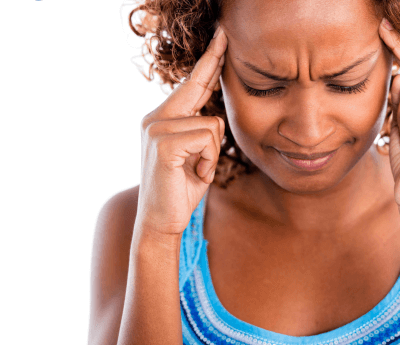
Contrary to popular belief, losing consciousness is not a prerequisite for a concussion. You can remain conscious and still experience a concussion. In fact, you can also experience a concussion without even hitting your head. Understanding the realities of concussions can help dispel the common misconceptions surrounding these head injuries and promoting brain safety.
What is a concussion?
A concussion is a type of traumatic brain injury that is caused by a bump or jolt to the head or by a hit to the body that causes the head and brain to move back and forth rapidly.
Signs of a concussion may include symptoms such as headache, nausea, dizziness, brain fog, memory issues, mood swings, confusion, vomiting, fatigue and loss of coordination. While concussion may result in you being unconscious, you can have concussion while being conscious.
A lot of concussions will spontaneously heal in two weeks, but 20 – 30% of people have ongoing symptoms that last longer than the expected recovery time (one to two months), which is termed post-concussion syndrome.
Treating concussions and post-concussion syndrome requires additional training and experience to diagnose and treat these conditions. An osteopathy with advanced training and experience in the field of concussion and post-concussion management and rehabilitation is important in helping you get the best care.
During a consultation with an osteopath for concussion and post-concussion syndrome management, your osteopath will take a thorough case history to help ensure that a correct diagnosis has been made and/or help to form a diagnosis. Some assessments or tests that may be performed include but are not limited to:
- Vestibular assessment screening and tests
- Balance tests
- Gait assessment
- Neck and jaw assessment
- Exercise intolerance testing
After a thorough assessment, treatment will be targeted towards improving the systems that have been found to have deficits. Treatment may include hands-on treatment to the neck, shoulders and adjacent areas. Vestibular rehabilitation exercises and balance exercises are often used if you are experiencing dizziness or balance problems. Lifestyle factors are also likely to be addressed to determine their role in your presentation and how best to manage those factors.
If you’re concerned about a concussion or post-concussion syndrome, consult an advanced osteopathic practitioner for a thorough hands-on approach to healing.
